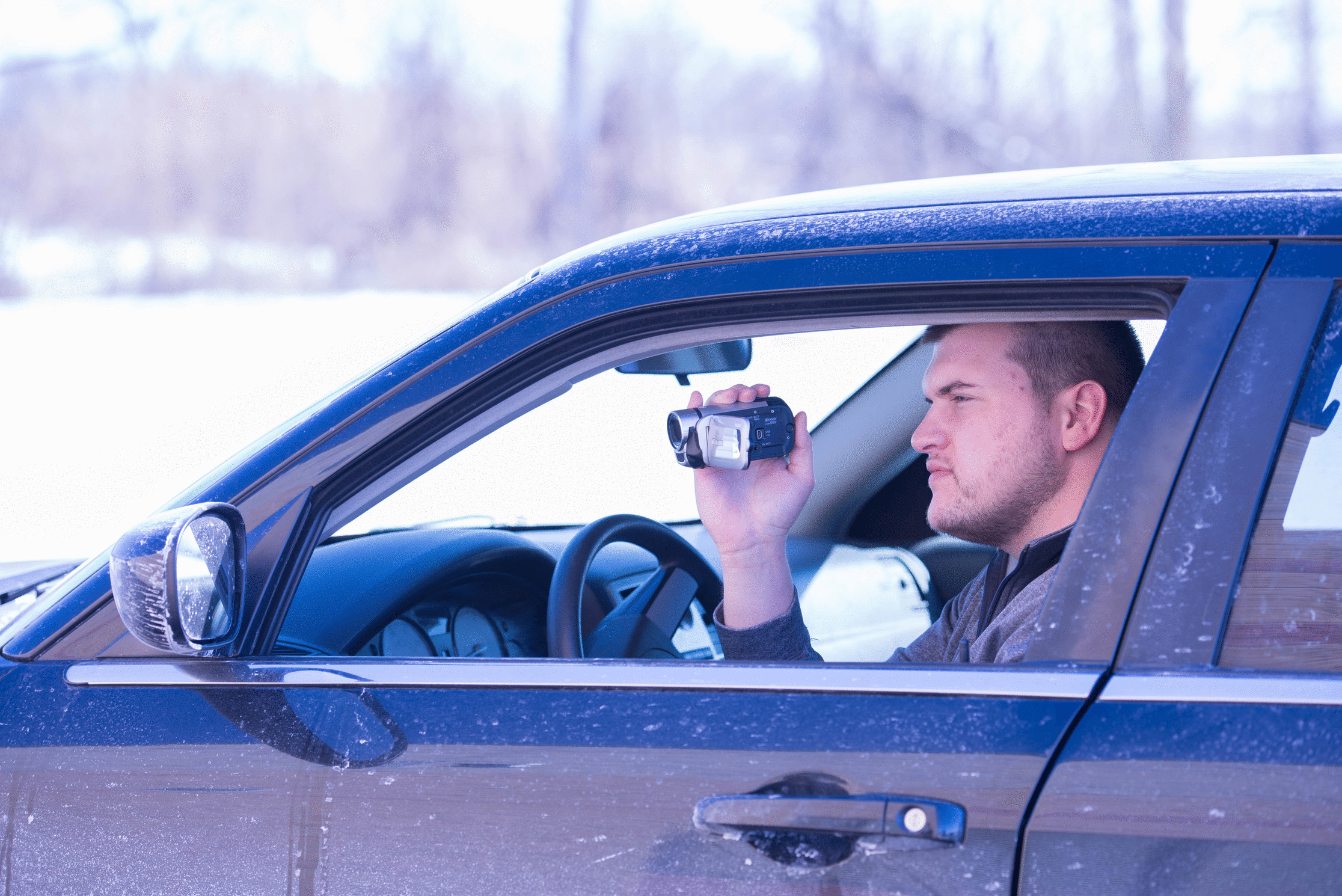Surveillance can be a frustrating world for someone tasked with discovering fraudulent claims in Workman’s Compensation, Disability, or Liability. For example; an adjuster of a large insurance carrier finds a file on his or her desk that warrants three days of surveillance. The case is assigned to one of several national private investigation firms that are pre-approved on their vendor panel. Three days later the adjuster receives word that the investigator assigned to the case observed zero activity, or in other words, the claimant was not active during the course of surveillance. The adjuster is left with a bill for over two thousand dollars with zero evidence for his case to show for it. Unfortunately, this scenario plays out daily.
Adjusters, SIU Directors, Claims Reps, or anyone tasked with handling the aforementioned scenario always ends up having to ask themselves the same question: Was the claimant truly inactive or is the investigation company I hired responsible for the lack of results?
Believe it or not, the size of a surveillance vendor does not always coincide with results. When a private investigation firm goes national, the most common practice is for them to eliminate company owned vehicles. Eliminating a company owned fleet relieves the surveillance vendor of having to employ a full time fleet manager, pay insurance premiums, and erases the costly vehicle maintenance that comes with owning a fleet. Once the fleet is phased out from the books, investigators are forced to use their personal vehicles to conduct surveillance. While this is a savings for the surveillance vendor, it is a disservice to the companies that hire them. The lack of surveillance vehicles in the industry is a direct correlation to the lack of results. There is no way around it.
Imagine you are at your mailbox at the edge of your driveway, and when you look up you see the below scenario; a man in his mid-twenties, sitting in the front seat of his vehicle, filming one of your neighbors.
The first reaction is to call the police, and your second reaction is to alert your neighbors. Once that happens the investigator is made, and the case will yield zero results. If your surveillance vendors are not outfitting their investigators with surveillance vehicles, then it is a certainty that this is happening on your cases across the country.
In order to effectively conduct an investigation, an investigator must be equipped with the proper vehicle. They have to be able to discreetly surveil from the rear of the vehicle, without being seen by a passerby. When an investigator is parked on a street, anyone living on that same street should not be able to tell that someone is conducting surveillance. It’s a simple concept, but due to the complexity of running a fleet, surveillance vendors have been rapidly abandoning the practice.
John Wichmann
Research & Development



